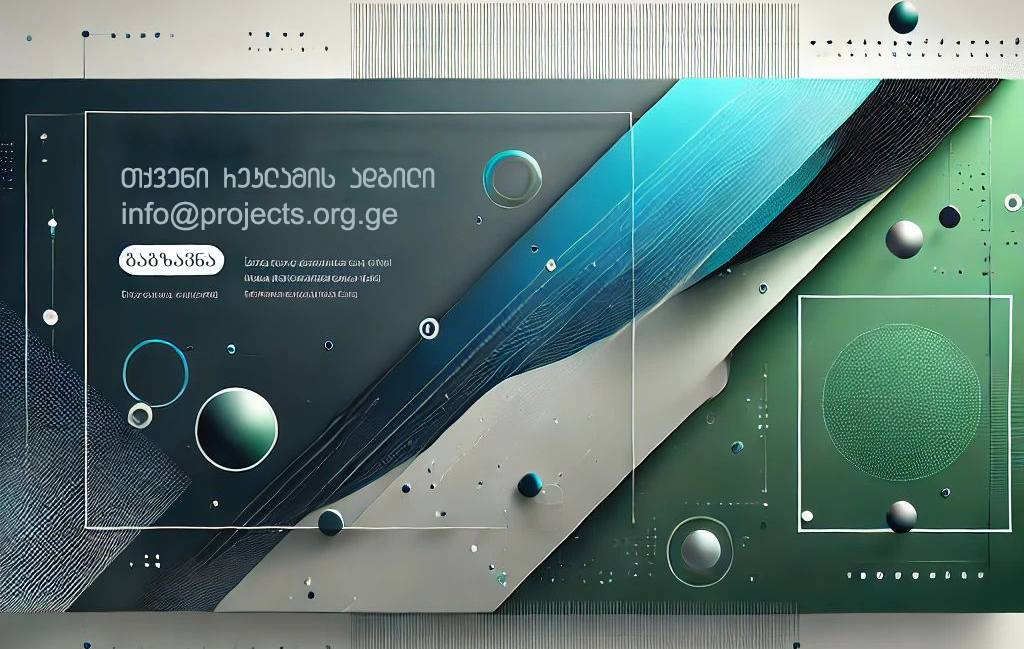The rapid changes, which characterize the times we live, impose a considerable
challenge to the educational systems around the world. As questions and concerns
about unprecedented social and economic challenges became increasingly urgent,
these systems need to consider developing education for the best future carefully.
The Educational System must perceive the Professional Development of their
Educators as a main field in which to invest.
Focusing on the importance of ongoing professional development aimed to successfully
change their practices to lead to meaningful change in learning outcomes; educators
need they to be encouraged to view themselves as change actors facing new
challenges and opportunities to trained trough institutional support.
Topics include:
Presentation of diverse forms of training and adaptation to changes in the
educational system; including latest concepts, methods, and tools for
educational staff training
Analysis of different modules for educators training and defined training goals
Design of integrative teaching/learning units
Presentation of additional resources for self-development and enrichment
Examination of the principal's role as school leader, including a discussion of
teamwork, creating a school vision, school budgets and administration, and
empowerment of teachers
Provision of setting up support systems such as pedagogical centers for
facilitators and teachers
Practice for motivating and empowering teachers and improving pedagogical
skills:
o Self-reliance, self-learning, and self-evaluation
o Teaching skills and tools for implementing curricula
o Networking with other teachers and educators to enhance knowledge
and broaden views and ideas
Analysis of role and place of educational staff in national development
Staff leadership, management, and professional development
Frameworks and methods for using the Internet and ICT in education
3
Another main point to consider is the position of the educators as role models in a
dynamic and social process where individuals alone, or in collaboration, to build up the
educators' skills to act upon these aspects by transforming ideas into practical and
targeted activities, whether in a social, cultural or economic context.
Aims
To provide new tools and knowledge on the implementation and development of
educators professional aspects.
To provide frameworks as an answer to the differences between the teaching
staff, between the different professions and allow each teaching staff to
choose the learning path that suits them
To create tools for communication, collaboration and team work.
To provide educational tools for quality innovative educational pedagogies.
To support the integration and the implementation of 21st century education
skills.
To present innovative teaching methods for specific subject matters (science,
language, etc.), as well as interdisciplinary subject areas, enabling participants
to choose the methods and tools suitable to the particular needs of their
environments.
Methodology
Lectures and discussions led by experts in various fields.
Workshops.
Analysis of educational planning through written material and professional visits.
Meetings with institutional administrators and acquaintance with projects at the
national and regional level.
Simulations, panel discussions, and group work.
Preparation of final projects by individuals or groups, based on the professional
interests of participants.
Study tours at: different types of schools at all levels, educational centers (science,
art, etc.) and teacher training institutions and pedagogical resource centers
Social Activities and Tours
The seminar includes an organized tour of holy sites and locations of general and historical
interest.
Audience
The course is designed for policy makers and practitioners, such as Directors in Education
Departments of Ministries of Education and local authorities, Educational Trainers
Principals of primary and secondary schools, Coordinators in primary and high schools,
Lecturers in Teacher educational Institutions.
4
Application forms
Application forms and other information may be obtained at the nearest Israeli mission
or at MASHAV’s website:
http://mashav.mfa.gov.il/MFA/mashav/Courses/Pages/default.aspx
Completed application forms, including the medical form, should be sent to the relevant
Israeli mission in the respective country until 10.1.2023
General Information
Arrival and Departure
Arrival date: 19.02.2023
Opening date: 20.02.2023
Closing date: 07.03.2023
Departure date: 08 .03.2023
Participants must arrive at the training center on the arrival date, and leave on the
departure date. Early arrivals/late departures, if required, must be arranged by the
participants themselves, directly with the hotel/center, and must be paid for by the
participant him/herself .
Location and Accommodation
MASHAV awards a limited number of scholarships. The scholarship covers the cost of
the training program including lectures and field visits, full board accommodation in
double rooms (two participants per room), health insurance (see below) and transfers to
and from the airport. Airfares and daily allowance are not included in the scholarship .
Health Services
Medical insurance covers medical services and hospitalization in case of emergency. It
does not cover the treatment of chronic or serious diseases, specific medications taken
by the participant on a regular basis, dental care and eyeglasses. Health authorities
recommend that visitors to Israel make sure they have been vaccinated against Covid 19
and Tetanus the last one in the last ten years. Subject to the full binding policy
conditions, Participants are responsible for all other expenses.
Place
The course will be held at METC - MASHAV Educational International Training Center,
situated in the Ramat Rachel Hotel on the outskirts of Jerusalem. The accommodation
will consist of double rooms (two participants per room).
About MASHAV
MASHAV – Israel’s Agency for International Development Cooperation-Ministry of Foreign
Affairs of Israel is dedicated to providing developing countries with the best of Israel’s
experience in development and planning. As a member of the family of nations, The State of
Israel is committed to fulfilling its responsibility to contribute to the fight against poverty
5
and to the global efforts to achieve sustainable development. MASHAV, representing Israel
and its people, focuses its efforts on capacity building, sharing relevant expertise accumulated
during Israel's own development experience to empower governments, communities, and
individuals to improve their own lives.
MASHAV’s approach is to ensure social, economic and environmentally sustainable development,
and it is taking an active part in the international community’s process of shaping the Post-
2015 Agenda, to define the new set of the global Sustainable Development Goals (SDGs).
MASHAV’s activities focus primarily on areas in which Israel has a competitive advantage,
including agriculture and rural development; water resources management; entrepreneurship
and innovation; community development; medicine and public health, empowerment of women
and education. Professional programs are based on a “train the trainers” approach to
institutional and human capacity building and are conducted both in Israel and abroad. The
seconding of short and long-term experts as well as on-site interventions supports project
development. Since its establishment, MASHAV has promoted the centrality of human
resource enrichment and institutional capacity building in the development process – an
approach which has attained global consensus.
http://mashav.mfa.gov.il https://www.facebook.com/MASHAVisrael
About METC - A. Ofri Mashav Educational Training Center
A. Ofri Mashav Educational Training Center, was established in 1989 as a professional
extension of MASHAV - Israel’s Agency for International Development Cooperation-Ministry
of Foreign Affairs of Israel. The activities are targeted to meet the Millennium Development
Sustainable Goals-SDGS set by the United Nations to be fulfilled by the year 2030.
The Center's vision is that education is the starting point for a person to build himself/herself,
a gate to new possibilities. Education is the key to a better future and shields against physical
harm and confronts moral dilemmas. Education enables us to ask for proper healthcare when
needed, and the way to stay healthy and adopt responsible behavior with our bodies. Education
is sharing, learning, and growing up together with others. Through education we can learn to
take better care of our world, treat it respectfully and use wisely the resources it offers us.
Education concerns itself with learning at all levels, from elementary and secondary school
through adult education, and provides knowledge and training for basic skills development, civic
awareness, community education, education for special populations, treatment for youth
(Including those at risk), youth integration, youth leadership, education for health and the
prevention of drugs abuse.
Since its inception, METC has trained thousands of professionals from countries throughout
the world. The Center cooperates with senior staff in the Israeli Ministry of Education,
academic experts, governmental organizations, and non-governmental organizations. In
addition, it communicates and cooperates with key international organizations such as
UNESCO, OECD, USAID, UNODC, OAS, IOM and the World Bank. In adopting the UN’s
Millennium Development Goals, the A. Ofri Center contributes to the sustainable development
of human resources internationally, based on knowledge and experience accumulated in Israel.
Website: www.ofri.org.il
წყარო: Mashav in Georgia





